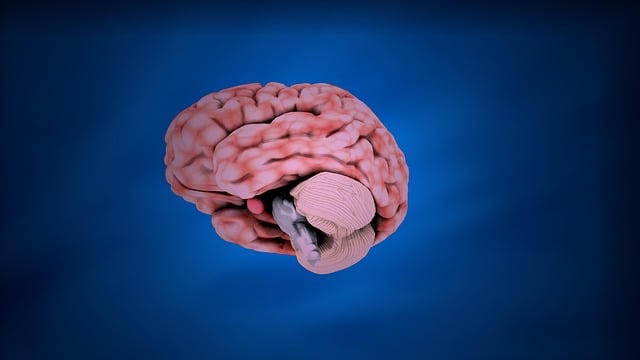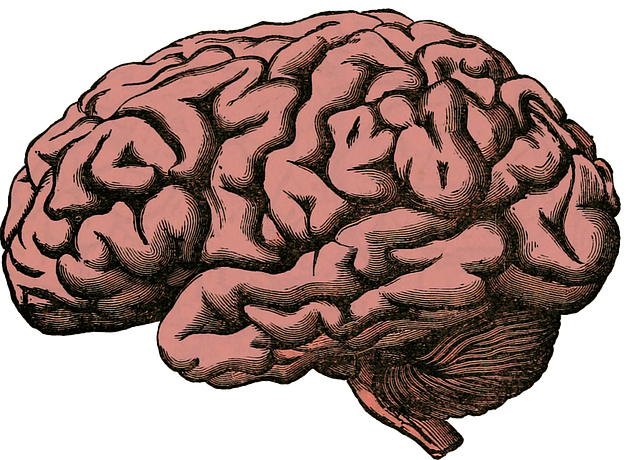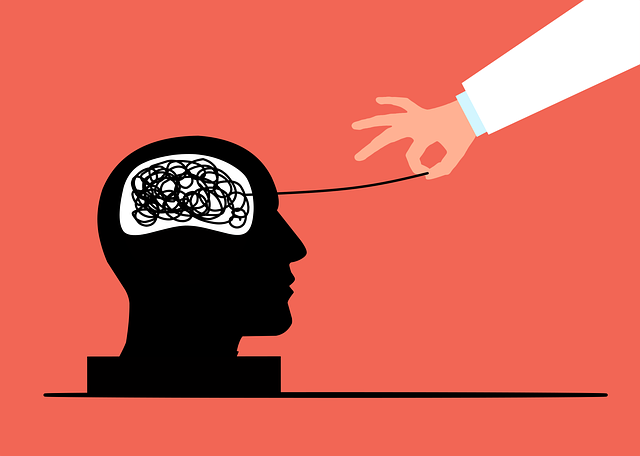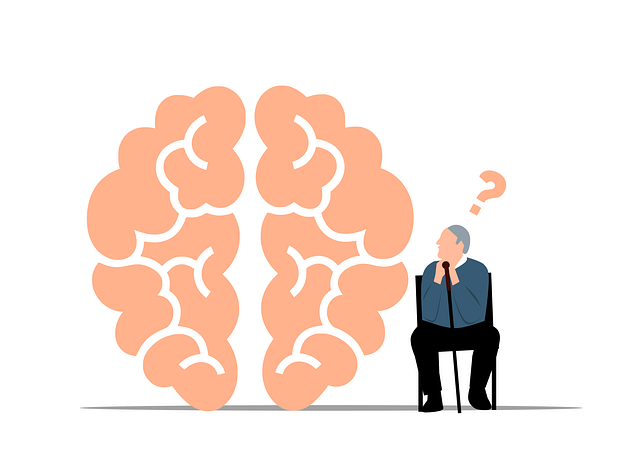Mental health policy plays a pivotal role in international adoptions, with Lafayette International Adoptions leading the way through evidence-based practices and holistic therapy. Their approach prioritizes pre-adoption screening, post-placement support, and tailored self-care strategies to address cultural adjustments and past traumas. By empowering adoptive families and advocating for underserved communities, Lafayette's Therapy offers comprehensive solutions, such as the Mental Wellness Podcast Series, to ensure adopted children thrive emotionally globally. Policy analysis and strategic campaigns are essential tools to enhance access to mental health services, driving systemic change that benefits individual well-being.
Mental health policy analysis and advocacy are vital components in fostering global well-being, particularly through organizations like Lafayette International Adoptions Therapy. This article explores the intricate relationship between mental health policies and their international impact, shedding light on how initiatives such as Lafayette’s therapy programs drive meaningful change. We delve into effective strategies for analyzing and influencing mental health legislation, emphasizing the importance of advocacy in ensuring accessible and comprehensive care worldwide.
- Understanding Mental Health Policy and Its Impact on International Adoptions
- The Role of Lafayette International Adoptions Therapy in Advocacy
- Strategies for Effective Mental Health Policy Analysis and Change
Understanding Mental Health Policy and Its Impact on International Adoptions

Mental health policy plays a pivotal role in shaping global approaches to adoption and child welfare, particularly for international adoptions like those facilitated by Lafayette International Adoptions. Countries with robust mental health policies tend to prioritize the emotional well-being of adopted children, ensuring they receive appropriate therapy and support. These policies often emphasize the importance of pre-adoption screening, post-placement adjustments, and ongoing mental health services tailored to each child’s unique needs. By integrating evidence-based practices, such as Mind Over Matter principles, confidence-boosting strategies, and self-care practices, adoptive families can better navigate the challenges that may arise during the adoption process and beyond.
International adoptions are complex, often involving cultural adjustments, language barriers, and past traumatic experiences. Effective mental health policies recognize these complexities and promote a holistic approach to therapy. This includes not only addressing individual children’s needs but also fostering supportive environments within adoptive families and communities. Such policies can lead to better adoption outcomes, ensuring that adopted children thrive emotionally and psychologically, ultimately enriching their lives and the lives of their adoptive parents.
The Role of Lafayette International Adoptions Therapy in Advocacy

Lafayette International Adoptions Therapy plays a pivotal role in mental health advocacy by focusing on unique and often overlooked populations—international adoptees and their families. This therapy specializes in addressing the complex emotional and psychological challenges that arise from the adoption process, providing tailored support to help individuals integrate and thrive. Through its comprehensive approach, Lafayette offers more than just treatment; they foster a sense of belonging and community, crucial for mental wellness.
The organization’s expertise extends beyond individual therapy sessions. They produce the Mental Wellness Podcast Series, a platform dedicated to raising awareness about adoption-related mental health issues. This series educates listeners on various topics, including self-esteem improvement and effective communication strategies, all while emphasizing the importance of early intervention and ongoing support for adoptees and their families. By combining therapy services with media outreach, Lafayette International Adoptions Therapy ensures that their advocacy reaches a wider audience, promoting understanding and better access to care for those in need.
Strategies for Effective Mental Health Policy Analysis and Change

Mental health policy analysis is a powerful tool for driving positive change and improving access to essential services like those provided by Lafayette International Adoptions Therapy. Effective analysis involves a comprehensive review of existing policies, their impact on vulnerable populations, and identification of gaps or areas for improvement. Advocates can then leverage data-driven insights to propose evidence-based solutions that address systemic issues.
Strategic advocacy campaigns play a crucial role in gaining policy support for mental health initiatives. By raising awareness about issues like the need for enhanced Mood Management and Trauma Support Services, advocates can build political will and mobilize communities. This involves engaging with policymakers, organizing public events, and utilizing media platforms to share personal stories and highlight the tangible benefits of robust mental health policies. Such efforts foster a sense of collective responsibility and encourage collaborative problem-solving, ultimately shaping policies that prioritize the well-being of all individuals.
Mental health policy analysis and advocacy are essential components in creating a supportive environment for individuals facing mental health challenges. By understanding global policies and their impact on adoptions, such as those facilitated by Lafayette International Adoptions Therapy, we can identify gaps and drive change. Effective advocacy strategies, coupled with thorough policy analysis, empower stakeholders to navigate complex systems and ensure access to quality mental health care for all. This holistic approach fosters a more inclusive society where mental well-being is prioritized and supported at both local and international levels.














